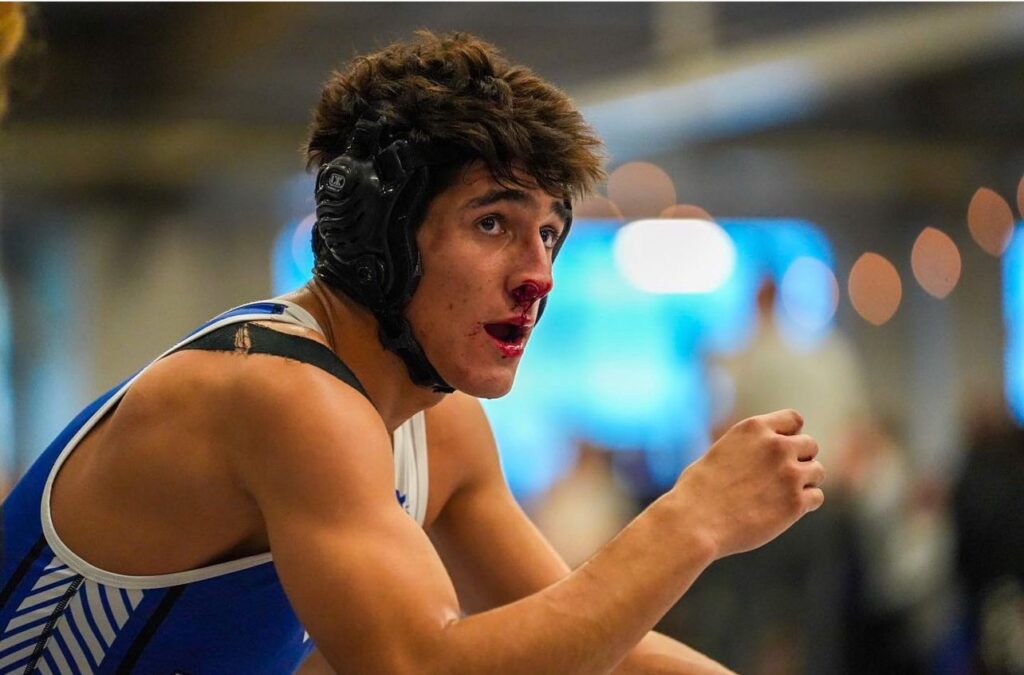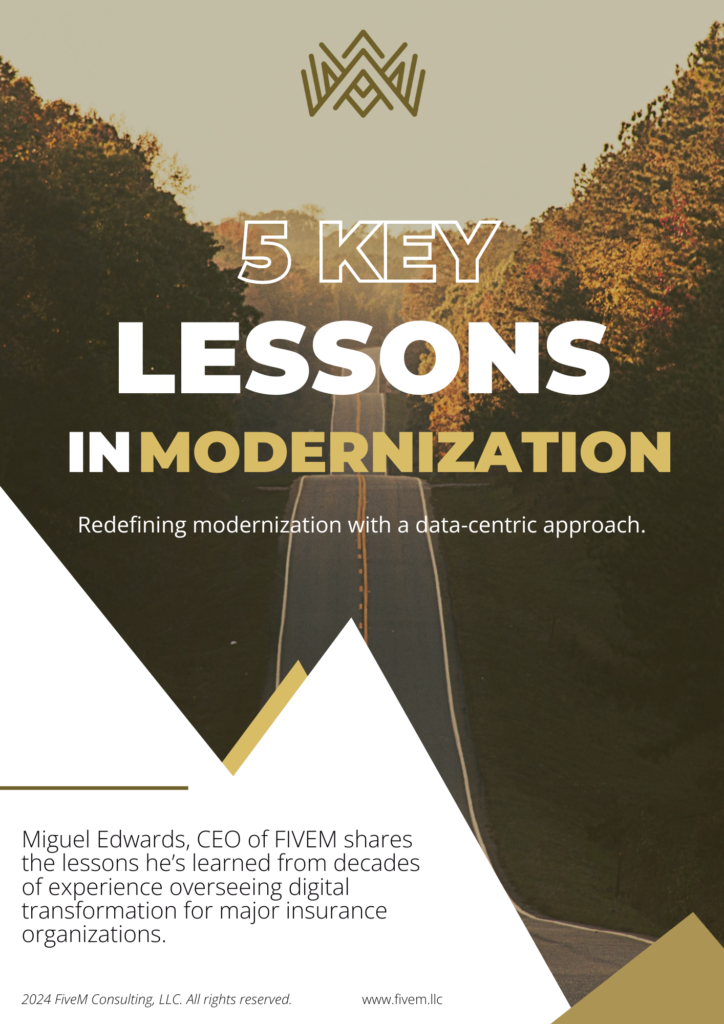I’m the proud father of four sons. Miles is my oldest still in the house, a senior who outperforms academically, while also serving as the captain of the high school wrestling team at 160 lbs.
He has a certain quiet confidence about him. His presence is generally calm, yet attentive – taking in his surroundings and being thoughtful when it comes to how he manages circumstances around him. These qualities and more, are why he’s often asked to take a leadership role.
Our most recent wrestling tournament was quite a challenge for the team and our family. We’re a “wrestling family” with an older wrestler who’s since graduated and two younger sons who also wrestle on the varsity team. Typically, our three sons make it easily through the consolation rounds and often place during the championship rounds. But this weekend was very different.

During an extremely physical match, despite that Miles was struck with a blow that broke his nose, he was disqualified for “un-sportsman like conduct”, a call that could have sweeping consequences for a wrestler, especially during their senior year. Multiple parents and coaches protested the call – including the tournament’s head official – particularly after reviewing video footage. Everyone was baffled, clueless as to what the referee saw that warranted a disqualification. However, most wrestling rules stipulate that the mat official has the final word, and his call would stand. To make matters worse, a DQ requires that the offending wrestler leave the venue.
I was livid. The coaches were livid. However, from the moment the referee made the call, to his unceremonious departure from the venue, Miles displayed more maturity and poise than most adults there. He quietly listened and accepted the referee’s call. He shook hands with his opponent and walked off the mat with his head up. He knew he was on the right side of the rules. He knew it was a bad call. He knew that since he’d lived up to his own expectations, despite an unfavorable outcome, there was no need, no use for an emotional reaction that would only serve to make the situation more tense for the team and parents who still had more work to do.
In that moment, my 18-year-old taught me that leadership in defeat is just as important as it is in victory – especially when the defeat is personal. How often do we forget about those we lead when we bring personal stress to work? How often does a bad meeting with a supervisor turn into a bad team meeting with our subordinates? Great leaders appreciate that our teams are watching us constantly…especially when times are hard. When times get hard for us, we must be strong for our teams.
And with that, I close with a saying I coined for myself during my response to the 9/11 attacks: Leaders are born in tumultuous times. Are you a victim or a leader? My son reinforced that point for me and reminded me that I have more work to do.





